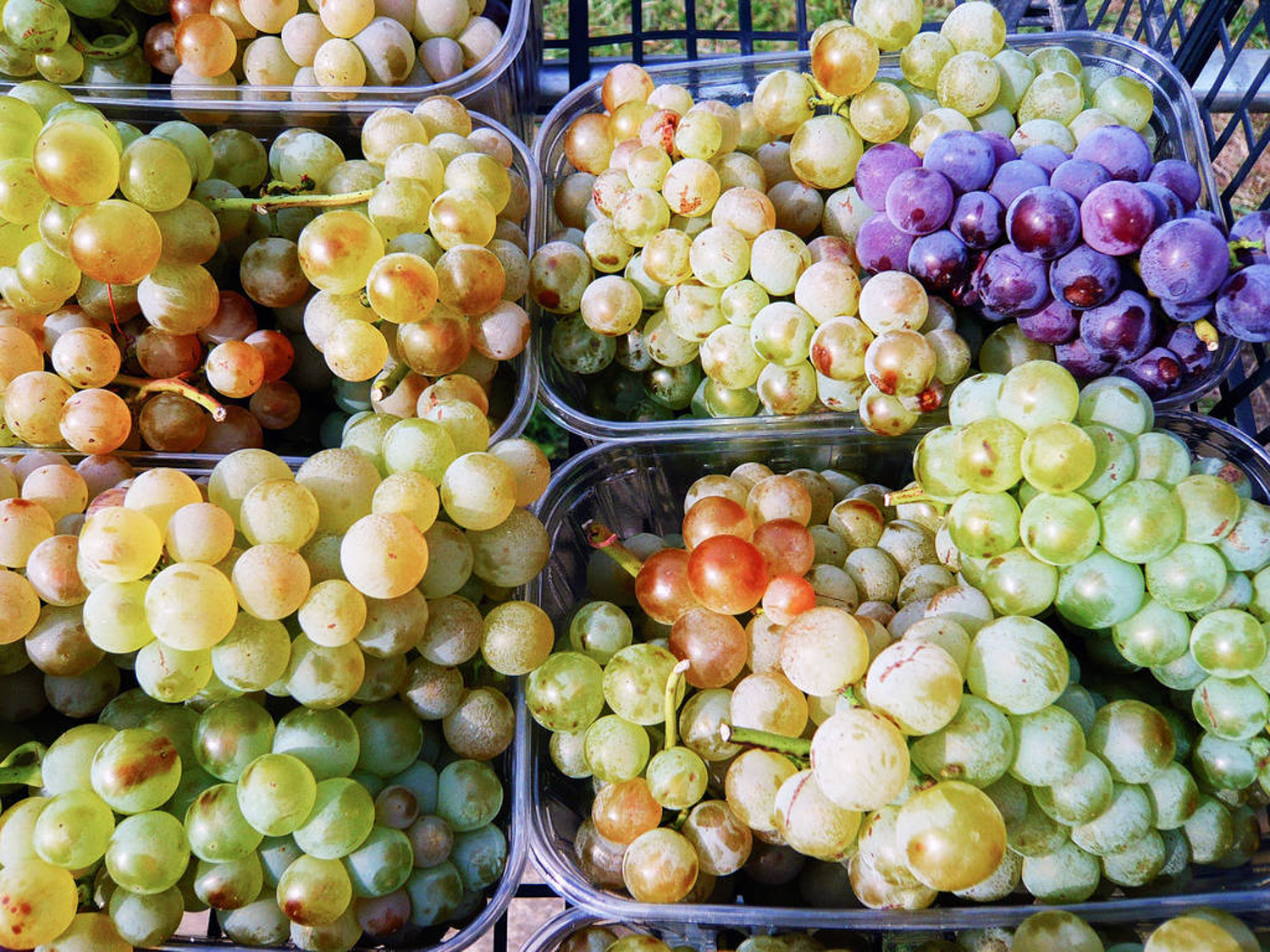1、 Pouring and freezing water
The temperature in the north is low in winter, so it is necessary to bury soil to survive the winter. The first 10 days of soil burial should be watered with frozen water, which can not only prevent root frostbite, but also avoid drought in early spring. At this time, water thoroughly and sufficiently to saturate the soil. Wait until the soil dries a little before covering it

2、 First burial
The burial shall be carried out in two times. For the first time, when the temperature lasts for two degrees, bind the pruned branches and cover them with a layer of soil. Pay attention that the soil should not be too thick and do not expose branches and vines. After cooling down in late autumn, it should be trimmed to avoid a large amount of evaporation of water from branches and vines, which is unfavorable to the germination and growth of next year

3、 Second burial
When the temperature is continuously at zero, it is necessary to bury the soil for the second time. At this time, the thickness of the buried soil should be increased, and an appropriate amount of hay or corn straw should be prepared to cover the root system, which can increase the temperature and avoid freezing the root system. Pay attention to digging away from the root system as far as possible. The width of the buried soil is about 1.8-2m and the thickness is more than 60cm

4、 Specific method of burying soil
When burying soil, two methods are often used. One is the method of burying soil on the ground. Directly press the pruned plant down and make it fall on the ground, and then cover and seal it with soil. The thickness of the specific soil depends on the temperature. The lower the temperature, the thicker the covered soil. The second is the underground burial method. The method of extending along the branches and vines is to dig ditches with a depth of 30-50cm, and then press the branches and vines in the ditch and cover the soil. This method is more suitable for plants with many branches and vines

 how many times do yo...
how many times do yo... how many planted tre...
how many planted tre... how many pine trees ...
how many pine trees ... how many pecan trees...
how many pecan trees... how many plants comp...
how many plants comp... how many plants can ...
how many plants can ... how many plants and ...
how many plants and ... how many pepper plan...
how many pepper plan...





























